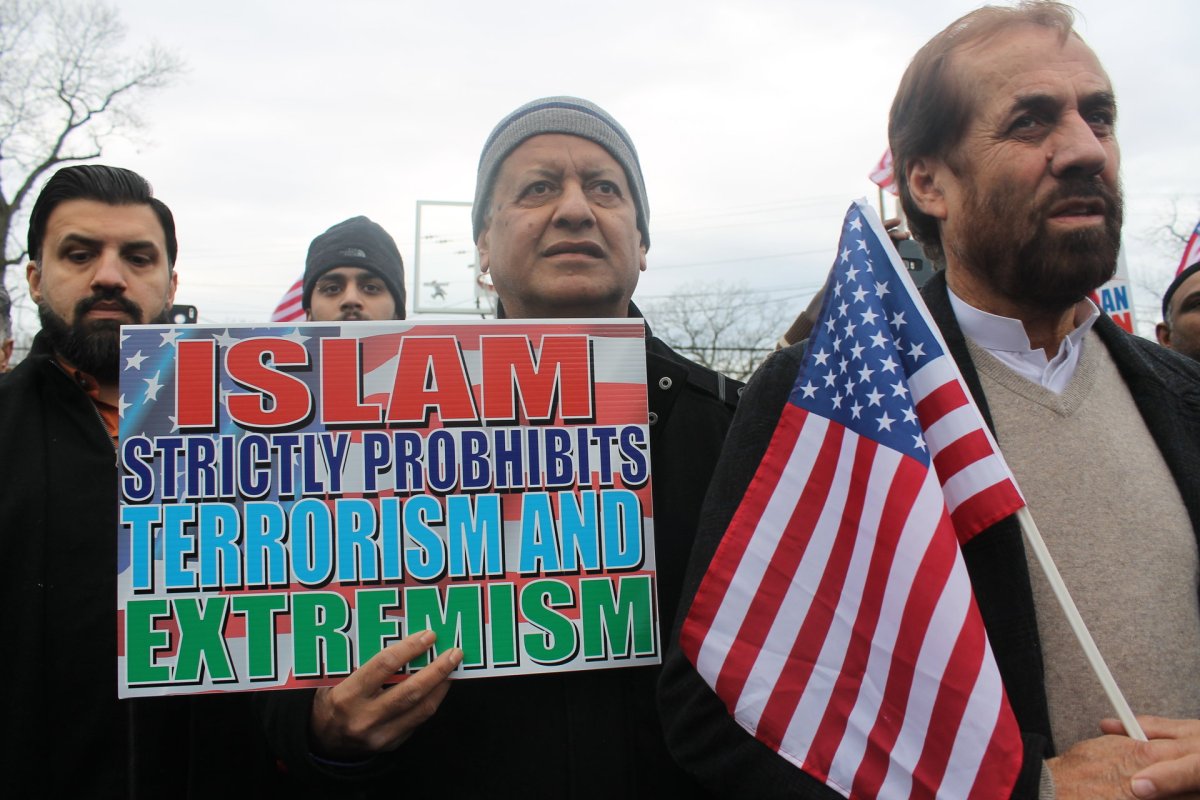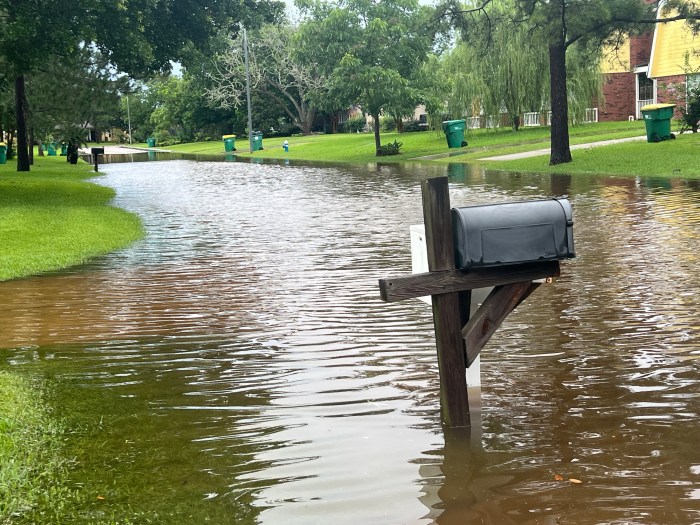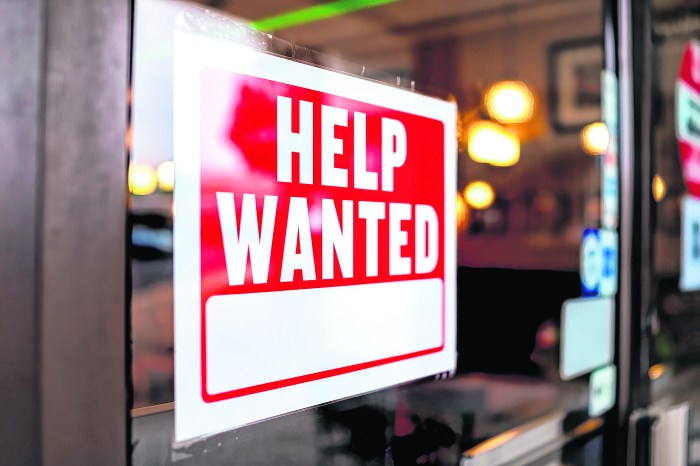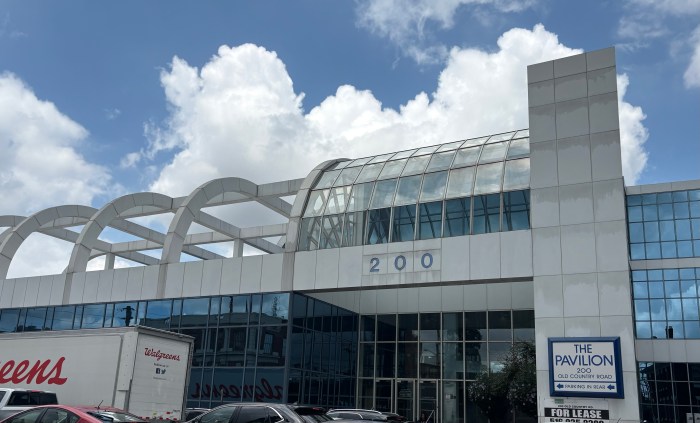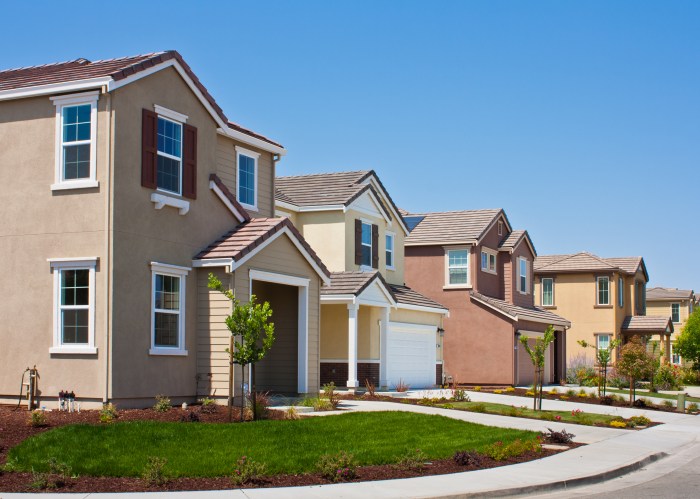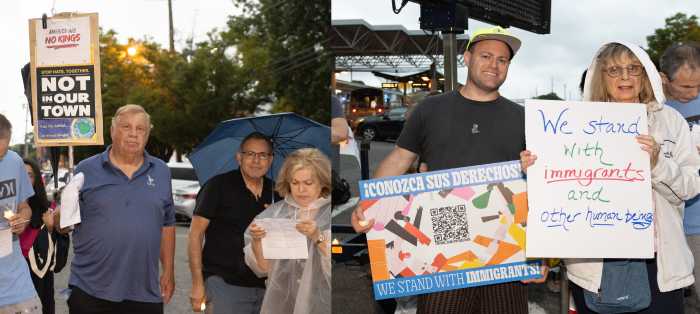For years, Muslim Americans have spoken in hopeful terms about stepping out of the shadows, interacting more with neighbors, extending a helping hand and, perhaps more daunting, getting involved in the political process. While the wheels of progress have laboriously been churning, it seems anti-Islam rhetoric has accelerated their pursuit of inclusivity.
On Saturday, several elected officials will join members of the Muslim American community for Long Island-based Muslim Political Action Committee USA’s inaugural fundraiser. The honoree that evening will be New York State Assemb. Phil Ramos (D-Brentwood), who has recently spoken up emphatically about protecting the rights of Muslim Americans in the face of attacks—from pundits and politicians, and from those have shouted bigoted remarks or vandalized mosques.
Muslim PAC USA has been in existence for about a month. It’s goal, according to the PAC’s president Aamir Sultan, is two-pronged. Like any political action committee, the group will donate to campaigns of politicians dedicated to its cause. In this case, those include candidates who are willing to publicly support Muslim Americans and promote tolerance.
Its long-term goals are more ambitious. The PAC hopes to see more Muslim Americans run for office, so the voice of a much-maligned minority community can be heard.
The PAC will ask those seeking elected office “how they support the Muslim community and what have they done in the past and…are they willing to come out in public and talk about Islamophobia and anti-Islam sentiment,” Sultan told the Press.
Sultan, who has his own IT firm and is on Suffolk County’s Asian American Advisory Board, said it’s important elected officials confront Islamophobia.
“Just like any other minority, all of them have gone through this rhetoric and the phobias and bigotry and all that—now it’s our turn as Muslims,” he said. “So we just have to get proactive.”
“It’s just now the numbers are increasing and we are becoming more visible in society,” he added. “We just have to follow suit what previous minorities did—the Jews, the Irish, the Italians, they all faced these things.”
Sultan, who lives in Dix Hills, got to know Ramos after he started doing multicultural work with the assemblyman, he said.
“Then this whole Trump thing started,” he added, referring to GOP hopeful Donald Trump, who has called for a ban on all Muslims from entering the US “until our country’s representatives can figure out what is going on.”
Trump’s remarks came after 14 people were killed and nearly two-dozen were injured in the San Bernardino shooting in early December, and a month after shootings and explosions left 130 dead in Paris.
Muslim Americans around the world have condemned those and other atrocities, saying such bloodshed is anathema to their religion. But their denunciations, they say, often receive little media attention.
During his first visit to a US mosque since entering the White House, President Obama on Wednesday noted that most Americans’ view of Muslims is shaped by media—in news and entertainment, lamenting how most Muslims in TV or film are more likely than not to be depicted through the lens of national security.
The uptick in anti-Islamic rhetoric has also come with an increase of attacks on Muslim communities. Men and women have been threatened or attacked in recent months, mosques have been vandalized, and Korans have been defiled and their pages riddled with bullets. Muslim Americans have told the Press that Islamophobia is worse now than it was directly after the Sept. 11, 2001 attacks. Their anecdotes appear to be supported by statistics. In 2014, hate crimes fell in every category, except those against Muslims—which spiked nearly 14 percent.
“Given the barbaric Islamic State attacks in Paris last week and elsewhere recently, that latter trend seems destined to accelerate,” the Southern Poverty Law Center wrote last November.
Although most anti-Muslim remarks have come from Republicans, Sultan said Muslim PAC USA would donate to any candidate who supports its cause.
Still, he admitted, Democrats, not Republicans, have been the most outspoken defenders of the community in recent months.
Sultan, who came to Long Island in 1990, thinks Muslims should seize the opportunity and become more engaged in their communities and in politics.
“It’s become real vital,” he said. “Now we have to be in active mode as opposed to passive mode.”
For now, the group will focus on local elections, whether its local town councils, Nassau and Suffolk legislatures or state offices.
PACs can only donate up to $5,000 to a candidate’s election committee, unlike post-Citizens United Super PACs which can spend unlimited sums of money on behalf of a candidate but are prohibited from working directly with their campaign.
In the coming weeks Muslim PAC USA will vet potential candidates and see where they stand on the issues. Sultan is hopeful.
“I think that mold has been broken, of politicians not being able to speak up for Muslims,” he said.




